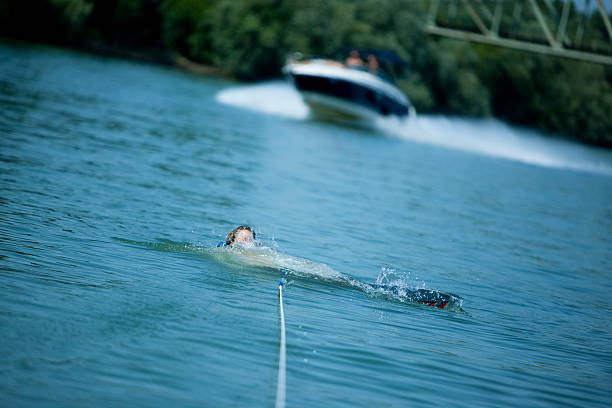The First Hall of the Civil Court held that the plaintiff in a damages lawsuit must prove that the defendant is legally responsible for the accident that occurred. This was held in Louis and Maryanne Bonavia v John Bonello, Nicola Gambino and Atlas Insurance PCC Ltd, decided on 8 November, 2016 by Mr Justice Silvio Meli.
The plaintiffs filed a lawsuit and explained in their application that on 25 May, 2009 Louis Bonavia was hit by a speed boat at San Blas, Gozo while he was diving. He blamed the defendants as the persons responsible for the accident which caused physical and psychological disability. The Bonavias asked the Court to order the defendants to pay damages.
Atlas Insurance filed a statement of defence stating that the insurance policy covered only Clive Camilleri. Nicola Gambino and John Bonello were not covered. The insurance company held that the plaintiffs have to prove their allegations.
Bonello and Gambino also filed a statement of defence rebutting that they were responsible for the incident and they were negligent in any form.
Mr Justice Meli went through the evidence produced, where it resulted that Louis Bonavia was wearing a wet suit and was doing underwater fishing some 300m away from the coast. He was about 25 to 30 metres away from a dinghy. The speedboat was driven by John Bonello. The Court noted that from the evidence produced there were no markings that diving was taking place. The buoy markers were left on the dinghy. As a consequence of the incident the plaintiff had his left leg amputated after it hit the speedboat’s propeller.
As to the legal position the Court pointed to Articles 1031 and 1033 of the Civil Code. These articles state that one is responsible for the damages one causes. Responsibility lies if one does not use prudence or attention. However, if prudence and attention are made use of, then one should not be held responsible for damages. The Court from a previous judgement, Francis Busuttil -v- Sammy Meilaq noe decided on 9 December, 2002 by the First Hall of the Civil Court, held that the plaintiff of a damages case must prove that defendant caused the event that caused the injury.
As a result the Court moved to analyse whether the defendants were negligent or imprudent when the accident took place. The Court noted that the speedboat was being driven at a low speed and that the plaintiff was within 30 metres from his dinghy and was wearing a black wet suit and had no markings that diving was taking place. The speedboat in question was not within a swimmers zone nor driven within the bay. The Inquiring Magistrate, who investigated the accident concluded that the incident did not take place because of Bonello’s driving of the boat and the plaintiff had to take full responsibility for what happened. The Court commented that although the Magistrate’s enquiry was separate, the facts at play were common and as such the Magistrate’s conclusions strengthened the Court’s conclusions.
The Court commented that it is a known fact that divers are to use markers on the sea to notify boats that diving was taking place. The fact that no markers were used meant that the diver had attracted danger. The plaintiff’s boat 30 metres away was not sufficient.
The Court concluded that the accident was Bonavia’s responsibility and therefore, turned down his claim for damages and upheld the defendants’ pleas.
Av. Malcolm Mifsud
Partner
Mifsud & Mifsud Advocates
This article can also be accessed on Malta Today.
For more information you can contact one of our Team Members at Mifsud & Mifsud Advocates.











